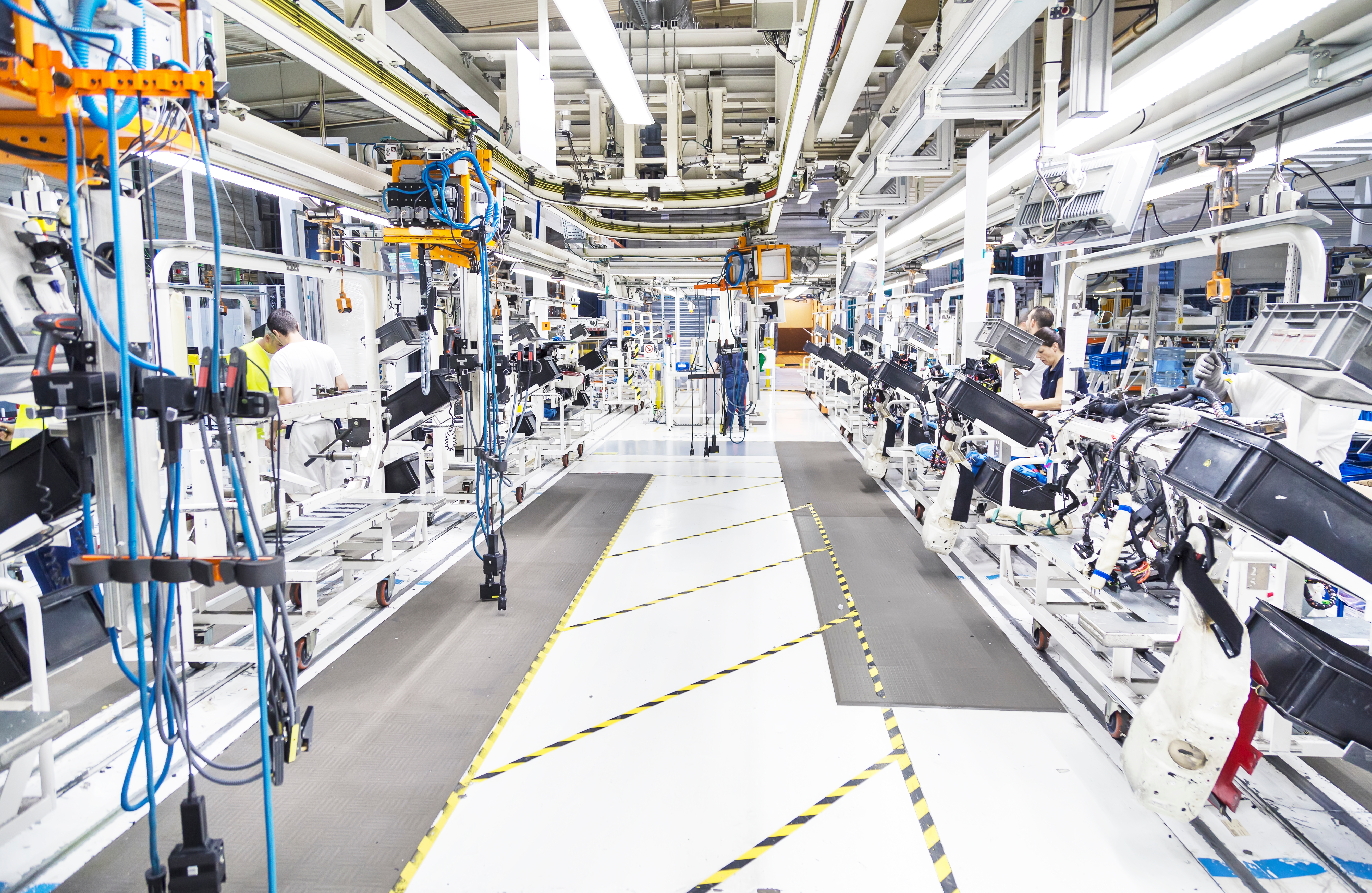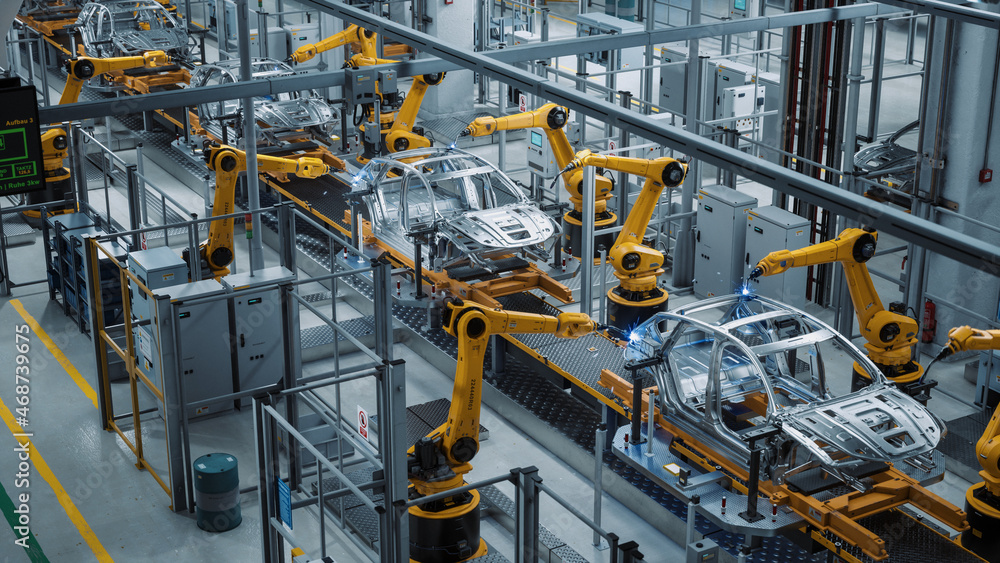Regardless of location, the automotive supply chain remains tumultuous, as evidenced by the upheavals triggered by the COVID-19 pandemic, the subsequent semiconductor shortage, labor issues, global transportation hurdles, and geopolitical tensions. Reflecting on a conversation with a seasoned supply chain expert—a former U.S. ambassador to Germany—about a year pre-pandemic, it was evident that supply chains, in general, were alarmingly susceptible to single-point vulnerabilities, characterized as brittle and prone to rupture.
Fast forward to 2024, and automotive industry pundits assert that while significant lessons have been gleaned, the journey toward mitigating future disruptions is far from over. The 2024 Automotive Logistics and Supply Chain Europe conference, recently held in Bonn, Germany, assembled industry leaders, logistics specialists, and tech trailblazers to navigate the transformative shifts shaping Europe’s automotive sector. Numerous insights surfaced, underscoring several recurring themes:
- Despite marked improvements, the supply chain remains an inherently fragile realm warranting utmost scrutiny
- Original Equipment Manufacturers (OEMs) emphasize unprecedented collaboration throughout the supply chain ecosystem, prioritizing enhanced supplier relations, partnerships, and stakeholder connectivity
- Real-time supply chain visibility is indispensable, yet strategic, long-term planning remains imperative
- Enhanced forecasting accuracy is pivotal, although the discipline remains challenging due to multifaceted influences spanning from demand fluctuations to capacity constraints
- Embrace advanced digital capabilities judiciously, avoiding undue fixation on fleeting trends
- While Artificial Intelligence (AI) holds promise within the supply chain, prudent selection of solutions is paramount and don’t just use AI for the sake of using AI. Be cautious not to forget the human factor
- Human capital remains indispensable, underscoring the importance of well-trained personnel across all organizational structures
- Streamlining complexity and embracing minimalism where appropriate is key
- Sustainability and electrification emerge as focal points, with green manufacturing, eco-friendly supply chains, and climate-conscious strategies occupying the forefront
- Logistics entities grapple with novel challenges, including the storage and transport logistics of batteries, encompassing aspects from their continued charging to adapting to evolving battery technologies and chemistries
A prevailing sentiment permeating the conference emphasizes the imperative to cultivate a value chain as opposed to merely focusing on the “supply chain”. Recognizing the deeply interconnected nature of the supply chain, stakeholders from OEMs to suppliers, logistics providers, tech innovators, and organizational personnel collectively contribute value across the spectrum. Each entity’s contribution stands as an indispensable facet, collectively balancing the scales of importance within the value chain paradigm.









